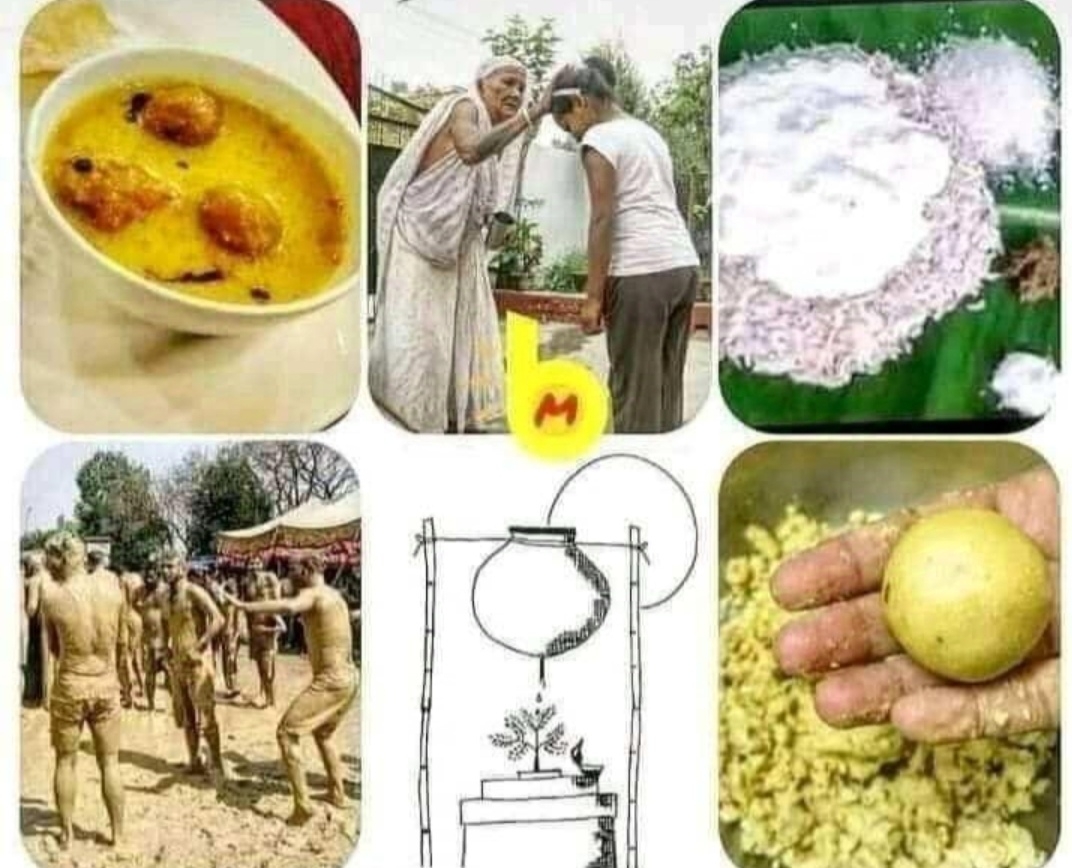Kaka Kalelkar: India's soul-touching social reformer and Gandhian educationist (22 April 1885- 21 August 1981)
Kaka Kalelkar: India's soul-touching social reformer and Gandhian educationist (22 April 1885- 21 August 1981)
Early life and upbringing
Dhananjay Kirti Kalelkar, fondly called 'Kaka', was born on 22 April 1885 in Satara district of Maharashtra.
He was born in a middle-class Brahmin family, where there was an atmosphere of traditional Indian education and culture.
From childhood, a contemplative, kind and social tendency was visible in him.
He was educated in Pune and then in Gujarat College, Ahmedabad. During his studies, he was influenced by the nationalist ideas of leaders like Lokmanya Tilak and Gopal Krishna Gokhale.
From here he was inclined towards national service and social justice.
Life Transformed as a Disciple of Gandhiji
When Mahatma Gandhi returned to India from South Africa in 1915, Kaka Kalelkar was among the few youngsters who were deeply influenced by Gandhiji's ideas.
He joined the Sabarmati Ashram and there he adopted celibacy, self-reliance, and simple living.
He himself wore khadi, spun the charkha and made the eradication of untouchability his life's mission.
When Gandhiji established Gujarat Vidyapeeth, Kalekar was appointed the first Vice Chancellor.
There he tried to establish the Swadeshi education system.
He did not limit education to just degrees, but made it a medium of character building and spreading nationalism.
Participation in the freedom struggle
Kaka Kalelkar participated in many movements led by Gandhiji:
Non-cooperation movement (1920)
Salt Satyagraha (1930)
Individual Satyagraha (1940)
He was imprisoned several times for participating in these movements.
His thoughtfulness and restraint established him as an ideal Gandhian activist.
Social Reforms and Backward Classes Commission (Kalelkar Commission)
After independence, the problems of social inequality and caste inequality were prominent in India.
In 1953, the Government of India appointed him as the chairman of the first Backward Classes Commission. The objective of this commission was:
To identify socially, educationally and economically backward classes.
To give concrete policies and suggestions for their upliftment.
In a report presented in 1955, Kaka Kalelkar made several important recommendations:
Reservation in educational institutions and jobs
Economic aid and scholarships to backward classes
Promoting equality, awareness and racial harmony in society
Although the government did not immediately implement the report, it became the foundation of the Mandal Commission and subsequent policies.
Kaka Kalelkar himself wrote in his report:
"Reservation is not only a tool of social justice, it is a means of self-consciousness and renaissance of society."
Literary Contribution
Kaka Kalelkar was not only a social worker but also a brilliant writer and thinker.
He wrote many books and articles in Marathi, Hindi and Gujarati in which deep analysis has been done on Indian culture, society, education and moral values.
Major works:
1. "Atma-Vrittanta" (Autobiography) - full of honest glimpses of his life.
2. "Rashtriya Shikshan" – Articles on the concept and requirements of national education.
3. "Jeevan-Vyavastha" – Thoughts on the structure of life in Indian society.
4. "Bapu-Ki Karvat" – An intimate depiction of the moments spent with Gandhiji.
5. Commentary on "Bhagavad Gita" – Analysis of the Gita from a Gandhian perspective.
His writings were in simple language despite being esoteric, due to which the common people could also connect with him.
Spiritual life and philosophy
Kaka Kalelkar's life was a wonderful confluence of Karmayoga and self-realization.
He studied the Vedas, Upanishads and the Bhagavad Gita in depth.
He believed that personal self-purification is the first condition for social change.
His life was an example of "sadhana and seva".
Honours and Awards
He received many honours for his social, educational and literary contributions:
Padma Vibhushan (1964) – by the Government of India
Gandhi Smriti Award
Many universities conferred honorary degrees on him.
Death
Kaka Kalelkar died on 21 August 1981, but his thoughts, ideology and ideals are still alive.
His legacy:
A living example of Gandhian thinking
Social consciousness against caste structure
Unique ideal of education and service
His name is inscribed in the foundation of India's social policy making
Kaka Kalelkar's life is a dialogue with the soul of India.
He not only imagined a thoughtful society, but also tried to give it a concrete form through his life



टिप्पणियाँ
एक टिप्पणी भेजें